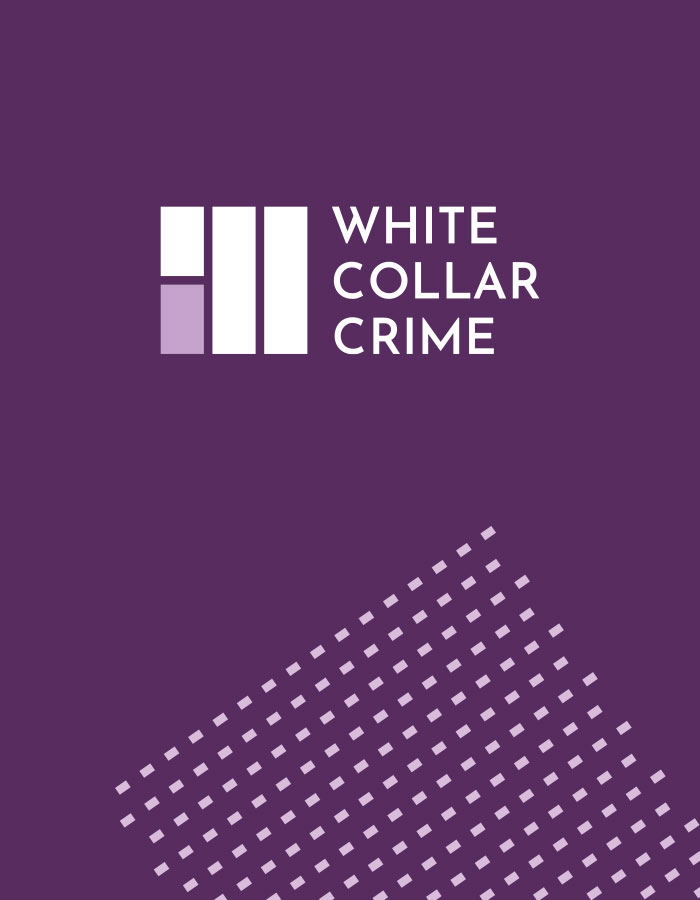Speed read: Anita Clifford considers the first test of the UWO provisions in the United Kingdom.
On 3 October 2018, the High Court handed down judgment in NCA v Mrs A [2018] EWHC 2534 (Admin), the first application to set aside an Unexplained Wealth Order (UWO) in the United Kingdom. The new investigative tool, which applies to seemingly inexplicable assets, was introduced by the Criminal Finances Act 2017 in to Part 8 of the Proceeds of Crime Act 2002 (POCA). Since 31 January 2018, it has been available to the National Crime Agency and certain other enforcement authorities in the United Kingdom. Police forces do not have the power to obtain a UWO.
Introduction
The UWO framework is a lever to civil proceedings for the recovery of property obtained through unlawful conduct under Part 5 POCA. In the case of Mrs A, the original UWO was made in relation to a property worth £11.5 million in south-east England. The order, which was obtained by the NCA without notice, compelled Mrs A who was identified as the beneficial owner of the property to explain how she acquired it. Mrs A was said to have fallen within the category of persons who could be a respondent to a UWO as she was the spouse of a Politically Exposed Person (PEP) from a CIS country, and consequently a PEP in her own right.
On learning of the order, Mrs A applied to discharge it. The hearing of that application was held in July 2018. Although the judgment handed down on 3 October 2018 has been anonymised, interestingly the application to discharge took place in open court.
Being the first decision relating to a UWO in the United Kingdom, the judgment is illuminating in terms of the evidence required to support a successful UWO application. It also provides a clear steer as to the kinds of arguments that might or, indeed, might not ground a successful application to discharge.
Proof of interest in the property
On the application for discharge, Mrs A’s beneficial ownership of the property was difficult to challenge. Although there was a question-mark over whether she actually did own the property because it was within a trust, Mrs A had of her own volition previously informed the Home Office that she was the owner. Her connection to the property therefore was hard to dispute and it easily met the financial threshold for a UWO (£50,000).
Outside the respondent categories
More in issue on the application to discharge was that Mrs A’s spouse was not a Politically Exposed Person (PEP) and, consequently, nor was she. The argument made, in essence, was that she fell outside the two categories of people against whom are UWO can be made: non-EEA PEPs and criminal suspects and their connected persons.
Mr A’s spouse was the Chairman of a bank in which the State had a majority shareholding. A PEP includes such persons holding a prominent function in a State-owned enterprise and the court rejected that something more than a majority shareholding was required to characterise a company as State-owned. Having regard to the European Directives and other international instruments, it considered that a company could be State-owned even if indirectly owned through another entity.
Evidence in support of wealth discrepancy
As for ‘reasonable grounds for suspecting’ a disproportionality between a person’s known sources of lawful income and the house in question, necessary for the making of a UWO, the NCA relied on a range of information including evidence of salary at the time, the rate at which a mortgage was repaid and foreign convictions for fraud. Several facts were relied upon rather than simply a shortfall between lawful income and the value of the home in question.
Specifically, the NCA drew a timing link between the period that Mrs A’s husband was convicted for fraud and his transfer of money abroad with Mrs A’s acquisition of the home and paying off of the mortgage in just five years. This was said to support that the source of the money put into the house was suspicious. There was also clear evidence that Mr A’s State paycheck at the time was less than US $100,000 per year and that he had been convicted of serious dishonesty offences in a non-EEA country.
Human rights considerations
Notably, Mrs A contended that no reliance could be placed on her husband’s conviction on human rights grounds. It was said that there had been a flagrant denial of justice in a jurisdiction known for poor human rights. Rejecting the argument, the court emphasised that a high bar must be met before a foreign conviction will be excluded from the court’s assessment of relevant circumstances. The conviction in this case could be be corroborated by information that some £16 million had been spent at Harrods over a ten-year period. It is unknown whether this evidence was adduced against Mr A’s in the foreign country.
As for other human rights considerations, the court declined to set aside the UWO on the basis that Mrs A feared that any information she provided would potentially put her and her husband at risk in the non-EEA country and infringe her right to peaceful enjoyment of property. The new legislative provision was said to strike a ‘fair balance’ and it can be expected that future courts considering UWO applications will echo this view.
Answering would self-incriminate
The court was further not persuaded that the UWO would infringe the respondent’s self-incrimination privilege. If such an argument is to be made in the future, it will be essential for the applicant seeking discharge of the UWO to at least specify which answers to which questions would incriminate. A court must be satisfied that there is a risk of prosecution. Notably, the judgment clarifies that a person in the United Kingdom is unable to invoke the self-incrimination privilege as regards charges brought in another jurisdiction. Further, in financial crime cases, arguments of this kind however are weakened by express provisions in section 13 of the Fraud Act 2006 (and elsewhere) that the privilege cannot be used as an excuse not to answer a question in relation to property proceedings. The court considered that UWO proceedings squarely fall into the category of property proceedings.
Derivative use
Connected with the above, the potential for the information provided by Mrs A in answer to a UWO to be shared with enforcement authorities abroad in order to support a case against her or her husband in a country known for poor human rights similarly was not enough to overturn the UWO. The court noted that a public body in the United Kingdom must act consistently with the ECHR. There are also specific processes in place for sharing of information and for deciding whether disclosure would give rise to an impermissible risk. The court did not consider that an undertaking by the NCA that they would not share the information was required.
Conclusion
The decision underscores that the making of a UWO is discretionary. Even if all the POCA requirements are met, the court can decline to make a UWO. However, for its first UWO application, the NCA chose a case where the requirements were it seems easily met. Although there is no doubt scope for fairness or other human rights arguments to succeed on an application for discharge, it appears something more will be required beyond a concern that the information could be used for more than Part 5 proceedings or a risk of prosecution or property forfeiture in a country with a dubious human rights and fair trial record. The concern or risk must be well-founded. In the first important test of the provisions, the court has signaled that notwithstanding the ‘reverse onus’ which follows when a UWO is made, the legislation is fair and reasonable. In these circumstances, UWOs sought by confident enforcement authorities are inevitable.







